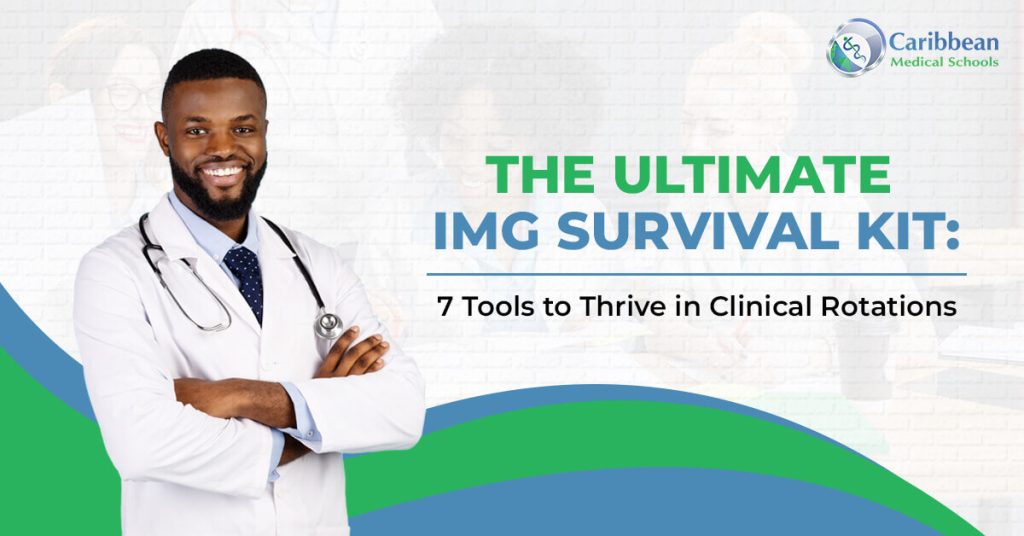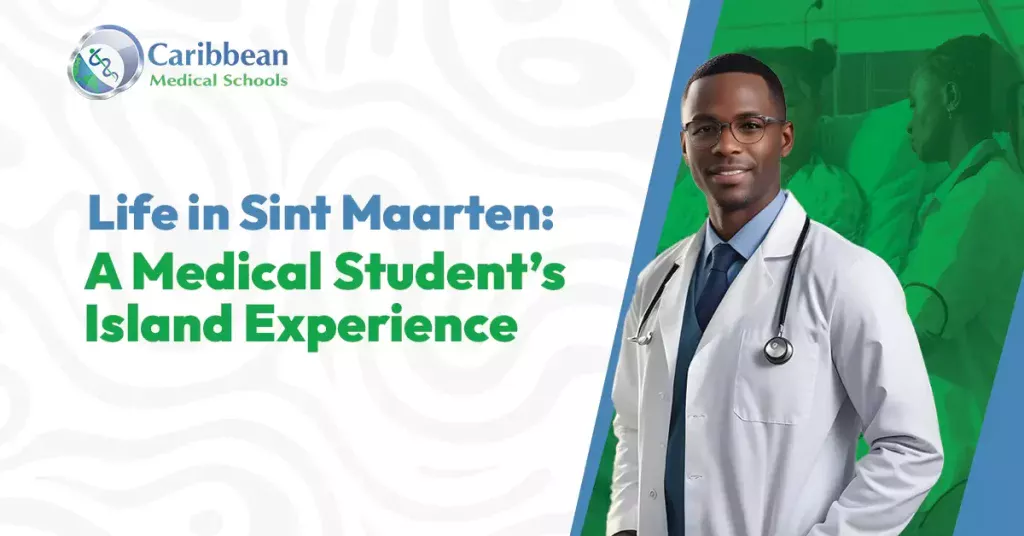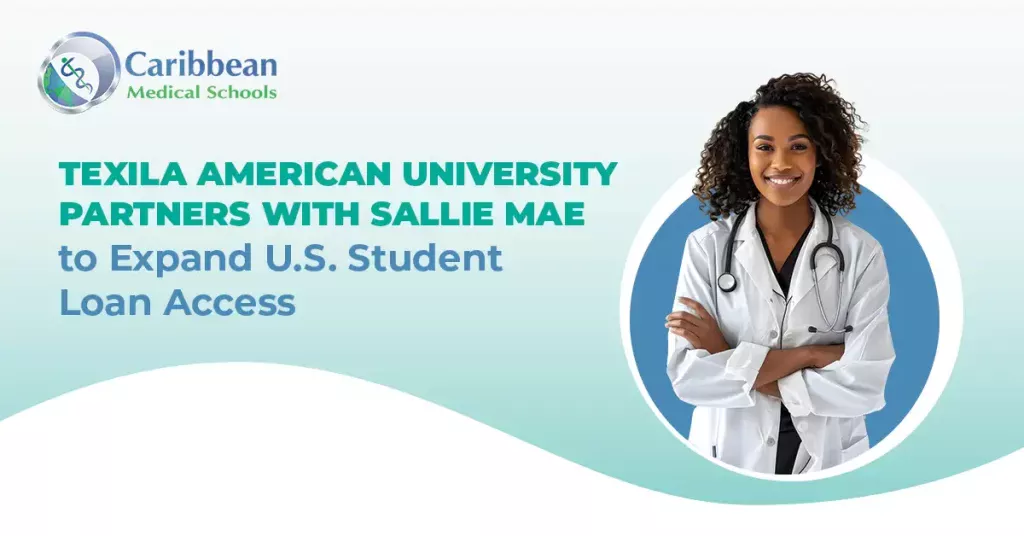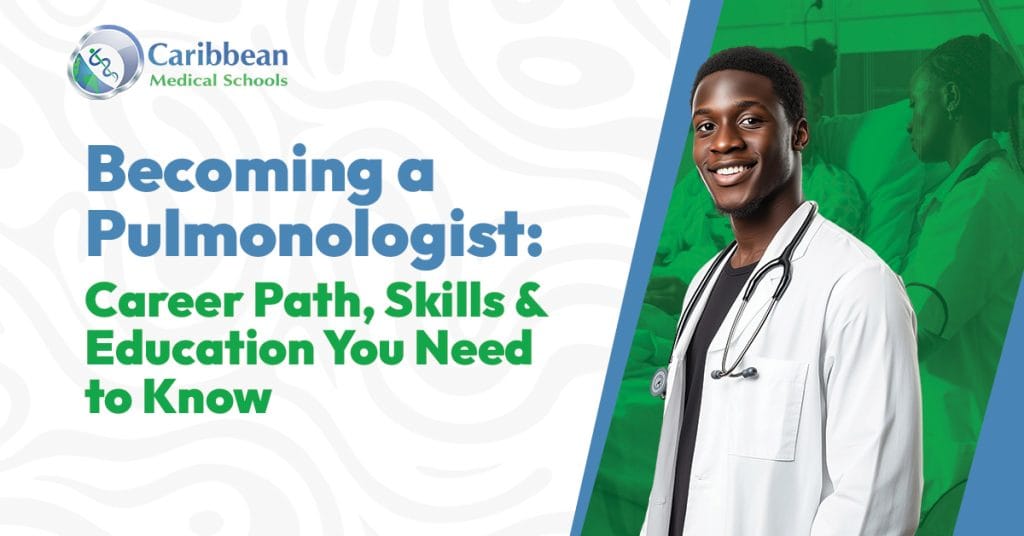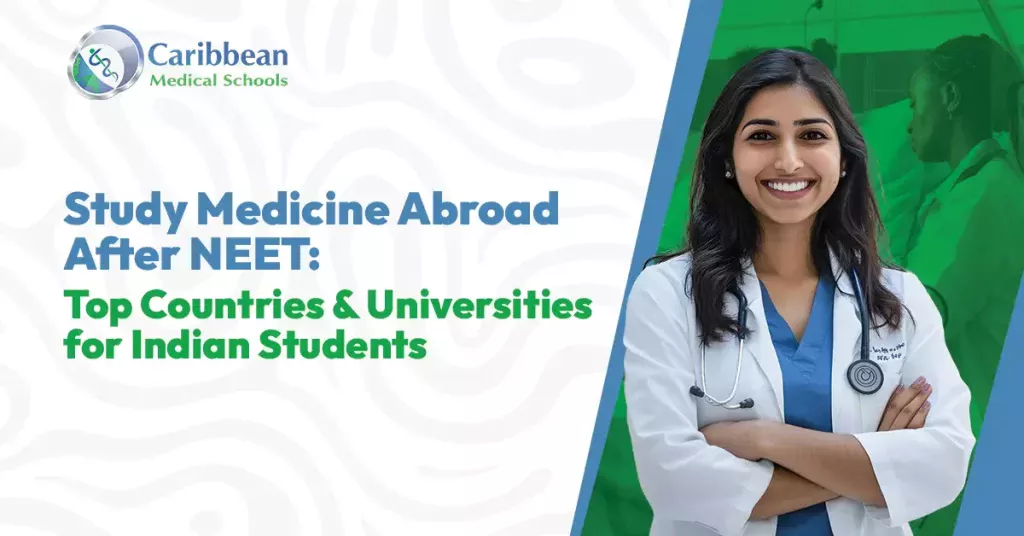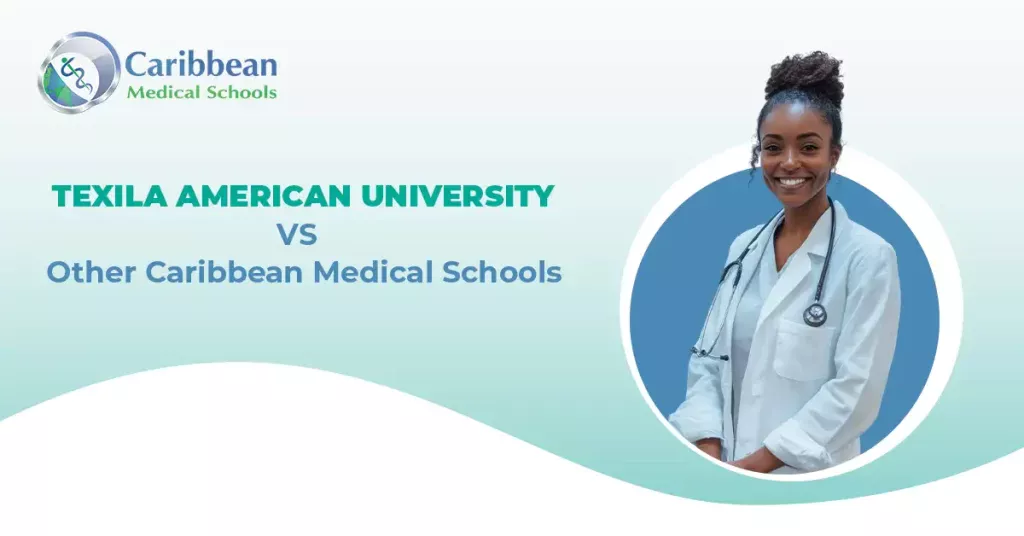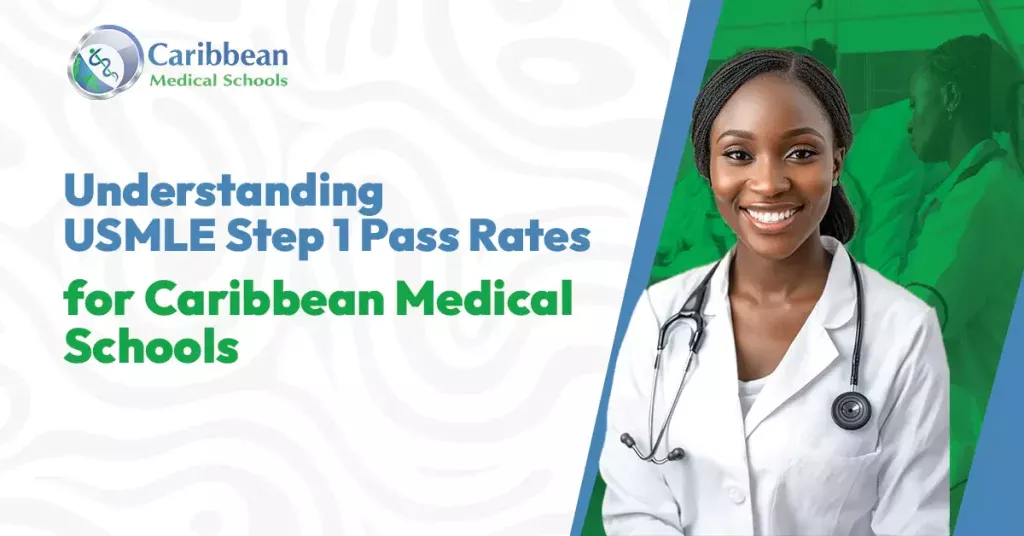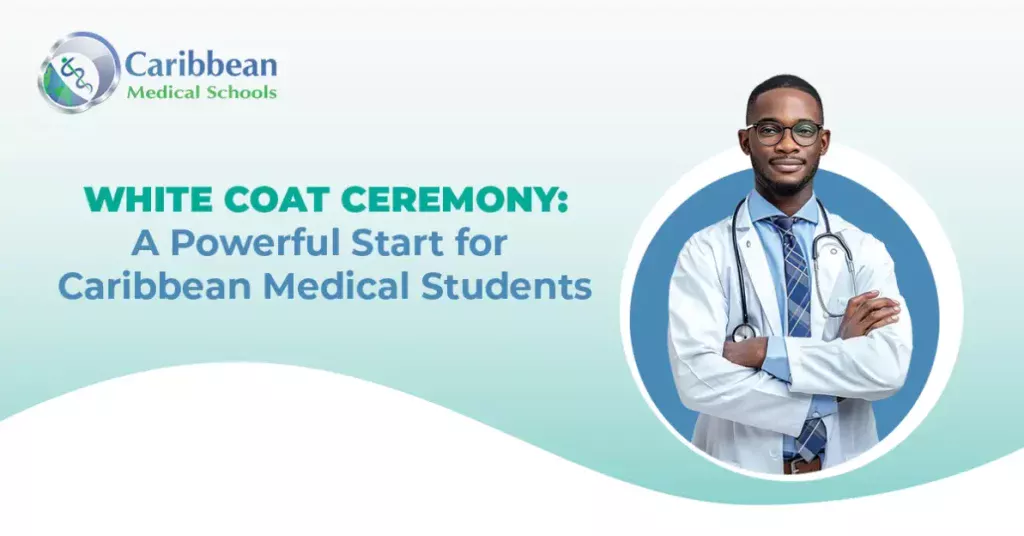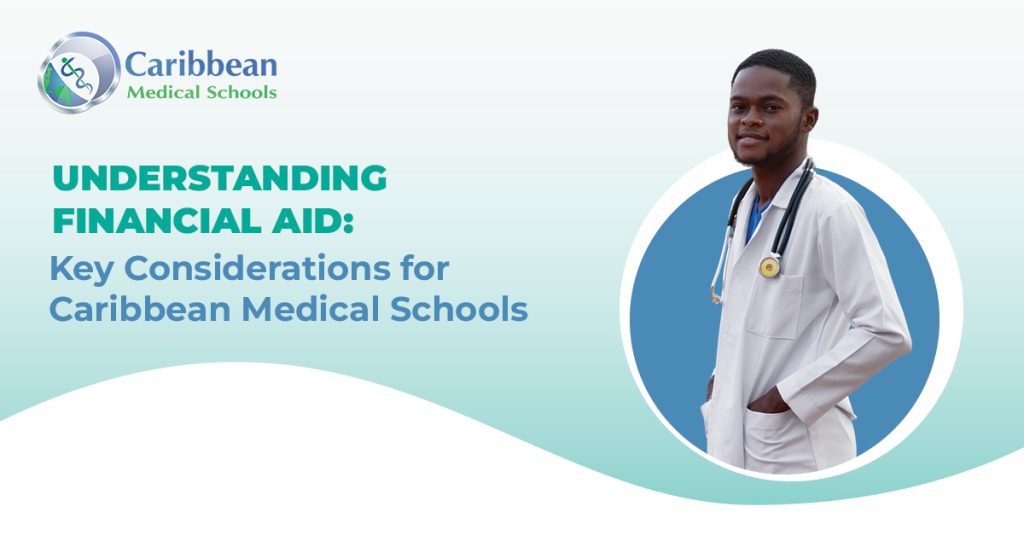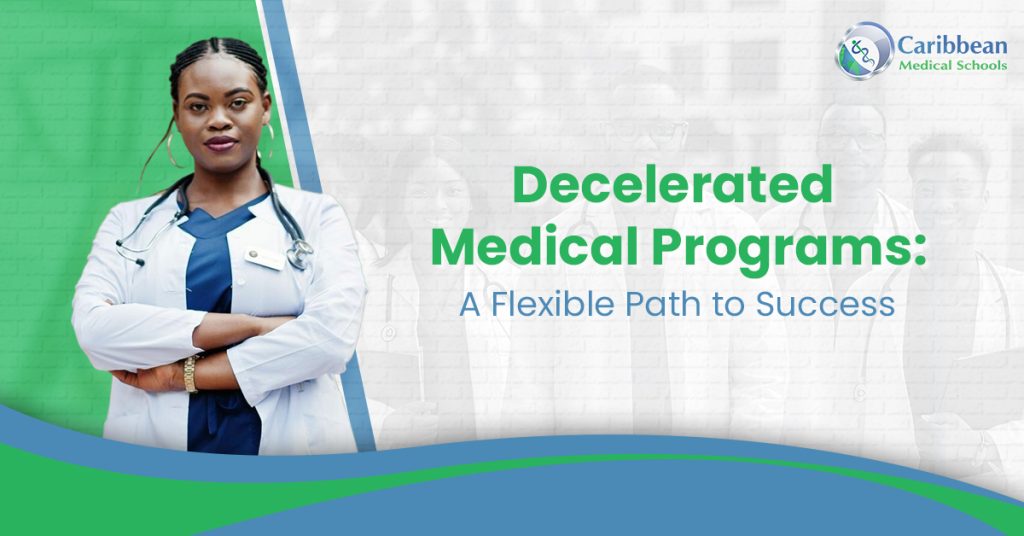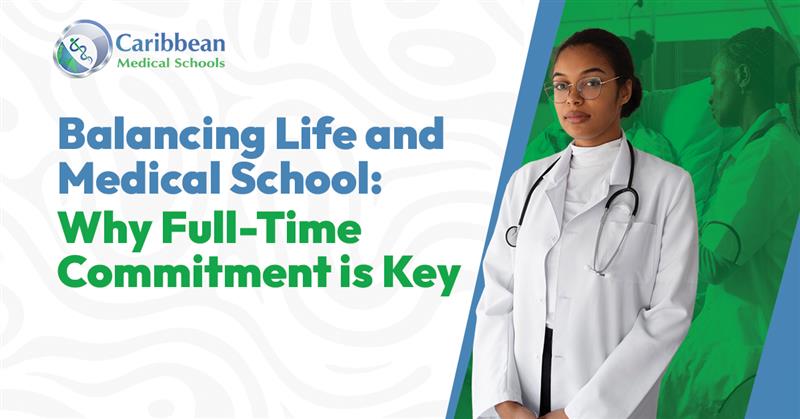Blog Summary
In the dynamic landscape of clinical rotations, mastering essential tools is crucial for medical students. u0022The Ultimate IMG Survival Kit: 7 Tools to Thrive in Clinical Rotationsu0022 unveils a comprehensive guide to success. From diagnostic prowess to effective communication, the kit covers it all. The stethoscope, a timeless emblem of medical practice, takes centre stage, aiding in accurate assessments. Electronic Health Records (EHRs) are indispensable, streamlining patient data management. Similar to a scalpel in the surgeon’s hand, communication skills are honed through interpersonal encounters. The white coat, symbolic of professionalism, becomes a visual tool for patient trust. Clinical decision support systems serve as cognitive allies, enhancing diagnostic acumen. Medical apps and online resources emerge as digital lifelines for updated knowledge. The blog crystallizes these seven tools into a survival kit, empowering International Medical Graduates (IMGs) to navigate and excel in their clinical rotations, ensuring a foundation for thriving medical careers.
- Introduction
- 1. Clinical Decision Support Software: Your Digital Ally in Patient Care
- 2. Preparing for the USMLE: A Step-by-Step Approach
- 3. Cultural Competence: Bridging the Gap in Patient Interaction
- 4. Time Management Strategies for IMGs: Balancing Patient Care and Study
- 5. Building a Strong Professional Network: The Key to Success
- 6. Emotional Resilience: Navigating the Highs and Lows
- 7. Keeping Up with Medical Advancements: Staying Relevant in Your Field
- Conclusion
- FAQs
Introduction
In clinical rotations for International Medical Graduates (IMGs), a well-curated survival kit comprises seven indispensable tools for a thriving experience. Firstly, cultural competency and practical communication skills form the foundation. Understanding and respecting diverse patient backgrounds are vital in establishing trust and delivering patient-centred care. A solid medical knowledge base and continuous self-directed learning are critical to adapting theoretical knowledge to real-world patient scenarios. Thirdly, time management skills are crucial to navigate the demanding schedules of clinical rotations efficiently.
Additionally, resilience and adaptability are essential traits that help IMGs navigate challenges gracefully and learn from diverse clinical experiences. Embracing technology, such as medical apps and electronic resources, is the fifth tool, streamlining information access. Lastly, maintaining a healthy work-life balance and prioritizing self-care contribute to sustained well-being and optimal performance throughout clinical rotations’ demanding yet rewarding journey.
1. Clinical Decision Support Software: Your Digital Ally in Patient Care
Navigating the healthcare system as an International Medical Graduate (IMG) can be daunting. Still, with clinical decision support software, you gain a crucial digital ally in patient care. These software platforms, tailored for medical professionals, offer evidence-based guidance that assists in clinical decision-making, ultimately enhancing your confidence and efficiency as a practitioner.
Exploring popular platforms and their distinctive features becomes essential in acclimating to a new healthcare environment. From interpreting complex medical data to providing treatment recommendations, these tools facilitate seamless integration into clinical rotations and contribute to improved patient outcomes by ensuring informed and evidence-based medical practices.
2. Preparing for the USMLE: A Step-by-Step Approach
Developing a sound strategy is paramount for International Medical Graduates (IMG) preparing for the Caribbean’s USMLE (United States Medical Licensing Examination) guide. The USMLE path is a complex and challenging journey that requires a well-structured and systematic approach to maximize the chances of success. To conquer this crucial milestone, following a step-by-step plan is imperative. Begin by selecting comprehensive study resources tailored to your learning style and needs, combining review books, question banks, and practice exams.
Designing a study schedule that balances content review, practice questions, and simulated exams is crucial for success. Incorporating active learning methodologies and fusing clinical knowledge with test-taking tactics can significantly enrich your preparation. This toolkit also guides you on stress management, providing the resilience needed to navigate the USMLE journey with confidence and ultimately thrive in clinical rotations.
3. Cultural Competence: Bridging the Gap in Patient Interaction
Cultural Competence is a critical skill for medical clinical rotation for IMGs. Healthcare professionals need to have cross-cultural skills because it helps them understand and manage cultural differences that may arise when treating patients. Medical professionals who possess the skill of cultural Competence can effectively navigate patients’ diverse cultural backgrounds, resulting in the delivery of high-quality care.
Such Competence enables accurate communication, diagnosis, and treatment while respecting patients’ cultural beliefs and values. Moreover, using medical images (IMGs) can further enhance the quality of patient care and foster stronger relationships between healthcare professionals and their patients. Effective patient care hinges on robust communication, and for IMGs, the ability to understand and navigate cultural differences is paramount.
Cultural Competence is vital to healthcare delivery, especially when engaging with patients from diverse backgrounds. Incorporating practical tips in patient interactions can enhance International Medical Graduates’ (IMGs) clinical performance. This approach can help them communicate effectively with patients, provide quality care, and improve patient outcomes. These include sensitivity to cultural subtleties, respecting individual beliefs, and tailoring communication styles.
A heightened cultural awareness can lead to more meaningful connections with patients and ensure a patient-centred approach to healthcare delivery. Ultimately, this can lead to better clinical outcomes and improved patient satisfaction.
4. Time Management Strategies for IMGs: Balancing Patient Care and Study
Time Management Strategies for International Medical Graduates (IMGs) during clinical rotations are essential for navigating the demanding blend of patient care and study. IMGs face unique challenges, often juggling cultural adjustments, unfamiliar healthcare systems, and rigorous academic expectations. Optimizing daily schedules becomes crucial, emphasizing the need to balance hands-on patient interactions with dedicated study sessions efficiently.
Prioritizing tasks based on clinical relevance and individual learning objectives allows IMGs to maximize their exposure to diverse medical cases while ensuring focused academic preparation. These tailored time management tools empower IMGs to thrive in clinical rotations, fostering a harmonious integration of practical experience and intellectual growth.
5. Building a Strong Professional Network: The Key to Success
The Ultimate IMG Survival Kit includes essential tools to survive and thrive in clinical rotations. Building a Strong Professional Network emerges as a critical component, transcending the realm of buzzwords to become a career essential for International Medical Graduates (IMGs). This segment guides IMGs through the intricate process of cultivating a robust professional network during clinical rotations.
It underscores the importance of connecting with mentors and engaging with colleagues, showcasing how effective networking can catalyze the unlocking of valuable opportunities and enhance the overall experience for IMGs, fostering a supportive community within the dynamic landscape of the medical field.
6. Emotional Resilience: Navigating the Highs and Lows
In the demanding landscape of clinical rotations, emotional resilience is a cornerstone for International Medical Graduates (IMGs) navigating the highs and lows inherent in adapting to a new healthcare system. Cultivating emotional resilience becomes paramount as IMGs face the unique challenges of acclimating to unfamiliar clinical environments. This toolkit emphasizes practical strategies to manage stress, bounce back from setbacks, and establish a sustainable work-life balance.
Recognizing that the emotional toll of clinical rotations can be particularly pronounced for IMGs, these tools empower individuals to survive and thrive, ensuring that they can deliver quality care while prioritizing their mental well-being.
7. Keeping Up with Medical Advancements: Staying Relevant in Your Field
The Ultimate IMG Survival Kit encompasses seven crucial tools for succeeding in the constantly changing clinical rotations environment. An essential component of this kit is “Keeping Up with Medical Advancements: Staying Relevant in Your Field.”
As medical knowledge keeps advancing, it’s vital for doctors trained in other countries to plan to stay up-to-date with the latest information in their fields. This strategy can help them do just that. This includes recommendations for engaging with reputable journals, leveraging online resources, and actively participating in relevant professional organizations.
By emphasizing the importance of staying abreast of medical advancements, the Survival Kit ensures that IMGs remain knowledgeable, adaptable, and forward-thinking practitioners, positioning them for success in the ever-progressing realm of clinical practice.
Conclusion
In conclusion, armed with the Ultimate IMG Survival Kit comprising seven essential tools, navigating clinical rotations becomes a journey of growth and proficiency for international medical graduates. From mastering medical terminology with Anki flashcards to embracing the power of UpToDate for evidence-based practice, each tool serves as a linchpin in the pursuit of clinical excellence.
The integration of tools like Pocket Medicine and Figure 1 not only bolsters diagnostic acumen but also fosters a collaborative learning environment. The indispensable role of the Human Anatomy Atlas in visualizing complex anatomical structures and the seamless communication facilitated by Doximity enhance the overall clinical experience. Furthermore, the strategic use of Osmosis aids in consolidating knowledge through active learning, ensuring a solid foundation for future medical practice. In essence, the synergy of these tools equips IMGs with the resilience, knowledge, and adaptability required to thrive in the dynamic landscape of clinical rotations, transcending challenges and emerging as competent contributors to patient care.

